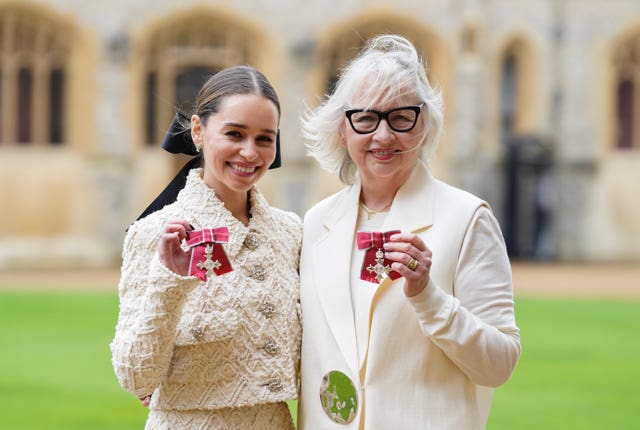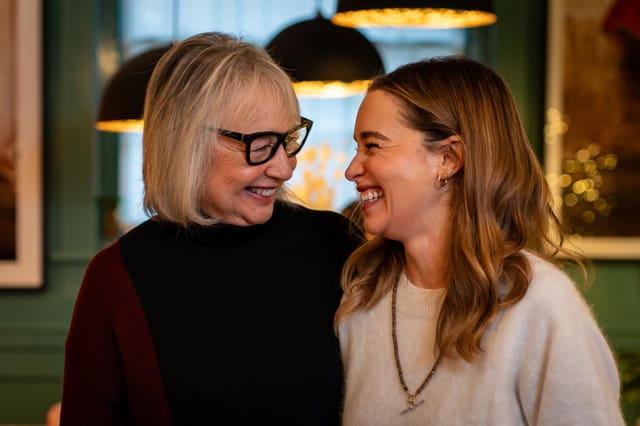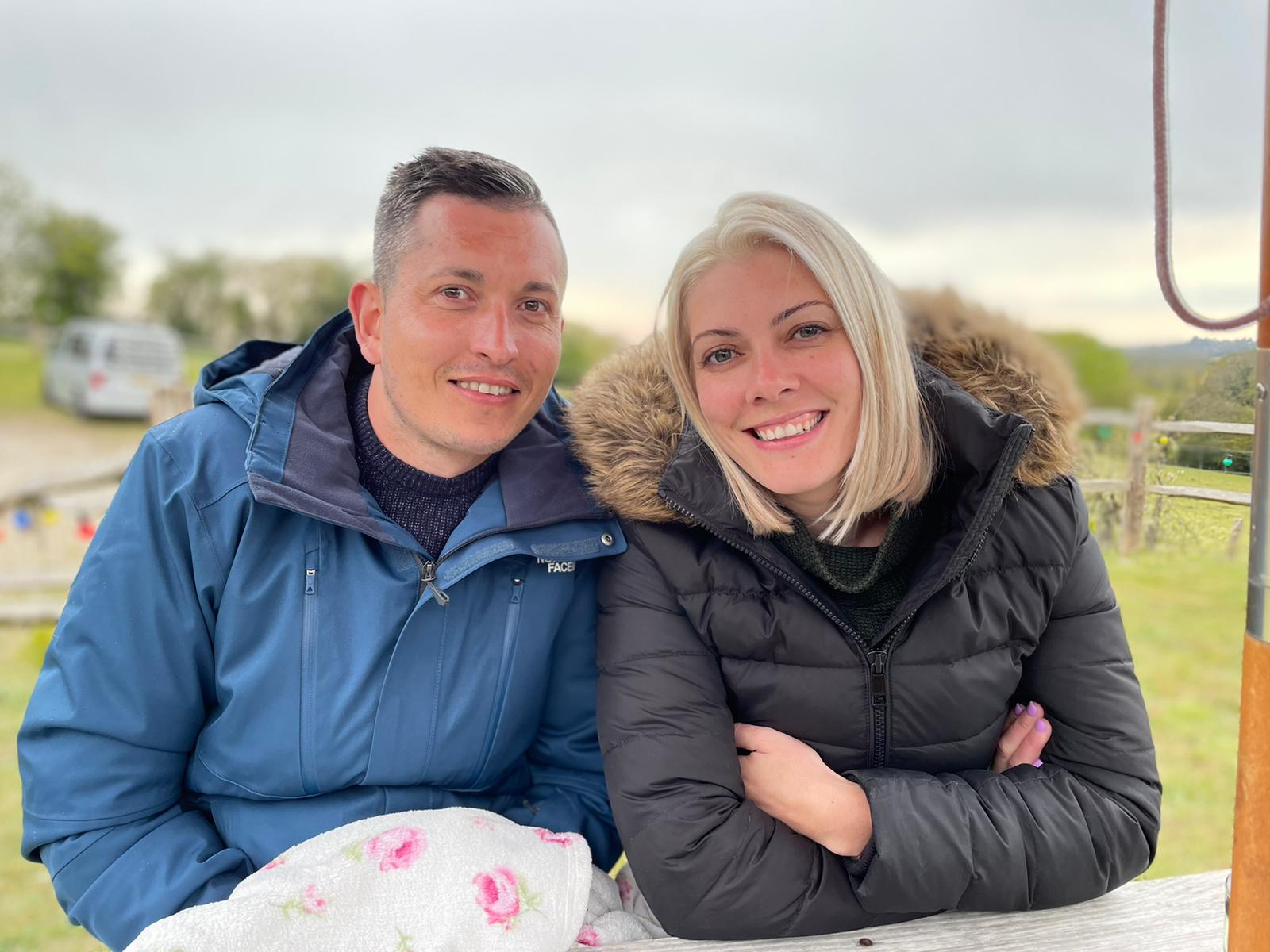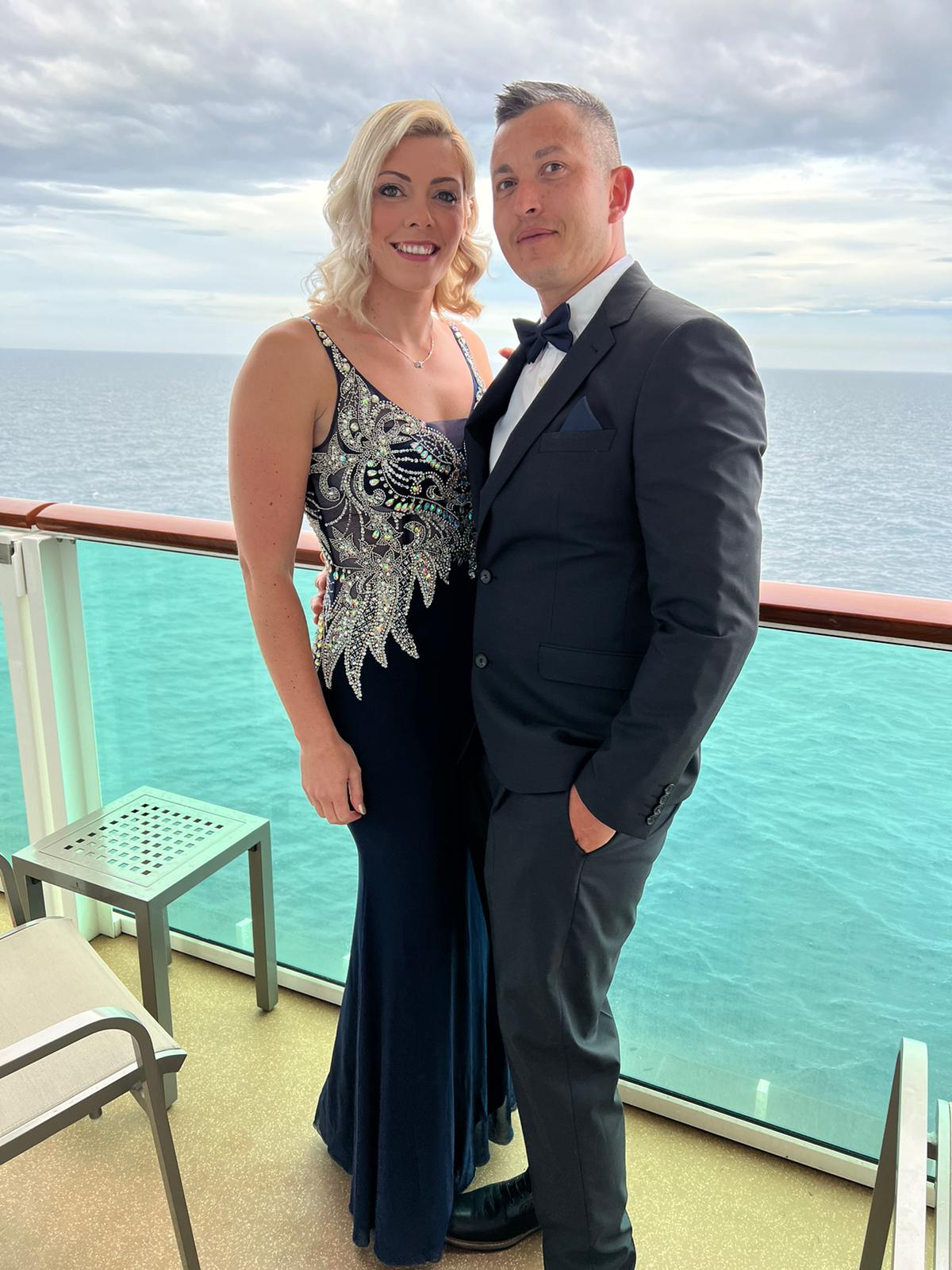The charity, which was set up after the Game of Thrones star suffered a brain haemorrhage when he was just 24, said there was a “misconception” that stroke only affects older people.
After recovering, Clarke and her mother, Jenny, created SameYou to help people with brain injuries.
Now the charity is calling for more to be done to help young stroke survivors.

Ms Clarke said: “Young stroke survivors are being set up to fail by being abandoned when they leave hospital.
“It’s back home where the hard work, frustration, fear and challenges really begin, with little or no support to rebuild their lives.”
“There is a major unmet need and a gap in service provision that can have major implications for a young adult who may want to stay in work, socialize with friends and be independent. That avenue of support just doesn’t exist.”
The mother and daughter duo were made MBEs earlier this year for their work helping people with brain injuries.
Clarke, now 38, previously told the PA news agency that she felt “fragile, sensitive and scared” after her brain injury and was shocked to learn how understaffed rehabilitation services are – with rehabilitation being becomes a key focus for the charity.
Jenny Clarke said: “In terms of what we are advocating for, there must be concrete solutions to help young people who have experienced stroke.
“This includes sharing information about what happened to them and an immediate plan for their recovery.
“They need essential mental health support and the ability to access improved recovery services to give them the vital tools to get well and live life to the fullest.”
“There is a huge gap between what survivors and their families say they need and want and what is currently available.
“Rehabilitation is undervalued and under-prioritised and this clearly needs to change as a key component of universal health coverage.
“The situation right now is frankly frightening and we are failing the young survivors.”

A former couple described how a lack of support after a stroke led to the end of a 10-year marriage.
Chris Moon was 29 years old when he had a stroke.
He described facing limited access to a speech therapist, no mental health or return-to-work support, and no couples therapy.
Mr Moon said he and his ex-wife Hannah were left to deal with major obstacles on their own.
The Sussex builder, now 37, said: “I had to fight to get back everything that was important to me.
“It’s impossible to get your confidence back without anyone helping you or guiding you.”
“With reading and writing, it’s not like I’ve given up exactly… but I’ve tried so much, even reading children’s books, and now I have to rely on technology to read a bit of text.”
He added: “I was doing really well with NHS speech therapy – but nine months later it just stopped. I was told I was only supposed to have three months of support. Even with nine months of support I could only say 20 words and couldn’t say a proper sentence.
“So I couldn’t do any speech therapy, I couldn’t work, I couldn’t say any sentences. I really struggled for over a year to communicate before I found someone else who could help me.
“I felt depressed. Everyone our age is working so you don’t get to see people. I desperately wanted to get up and run again.

Mr Moon said there was no help for his mental health and when he tried to get mental health support from his GP he was unable to speak to describe the problem.
He added: “I woke up in the hospital and thought I was going to get better quickly, that it was just a hiccup.
“I never thought that five years later I would have a speech therapist and still be trying to pronounce words.”
After a few years, he managed to find a rehabilitation center for adults with acquired brain injury.
Mr Moon said he has returned to work and now feels “where I need to be”.
Ms Moon, 36, an environmental insurance broker, said: “It soon became clear that we both needed a different kind of support, real-world support, to get our lives back on track. You need it to give you hope.
“But the stark reality is that post-stroke care is not suitable for young sufferers. There is not enough support for me to go back to everyday life.”
She added: “There was no face-to-face couples therapy as we couldn’t afford it or were told it wasn’t available. We broke up last November.”
Mr Moon continued: “Couples therapy is also essential. It is so important to the survivor’s caregiver and loved one. I think it hurt Hannah more than it hurt me.’

Ms Moon turned to SameYou for support and is now championing the charity’s SameChat scheme, a program which provides peer support for young survivors and their loved ones.
More than 88,000 people survive a stroke each year in the UK, but surviving a stroke is just the start of a “long and traumatic battle to find the way back to life”, according to the Stroke Association.
NHS National Clinical Director for Stroke David Hargroves said: “Experiencing a stroke is often life-changing for patients and their loved ones and it does not just affect older people.
“Thanks to the dedication of hard-working health and social care teams delivering improvements in NHS stroke care, more young people than ever are surviving a stroke, but we recognize the ongoing physical and mental health support that they may increasingly need number of stroke survivors.
“The National Health Service is committed to working with charities to adopt new ways of working so that everyone who has had a stroke can access individualized rehabilitation and support for life after stroke, including NHS aftercare services, who continue to help thousands of people.”
– In April, Hannah Moon is leading a cycling and hiking challenge in Ibiza. For more information, visit: www.sameyou.org/bike_and_hike_2025
